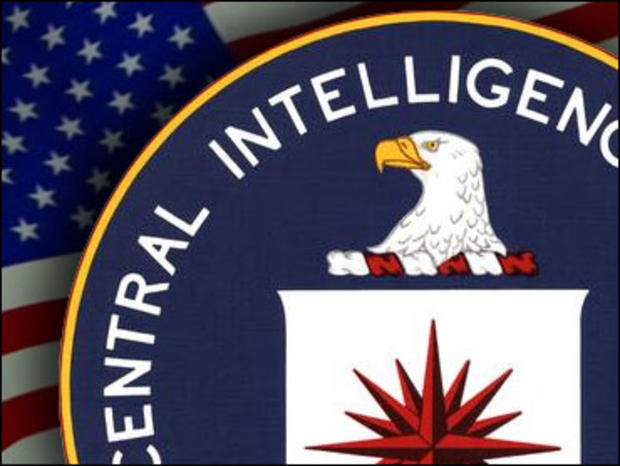"Issues with Pakistan" prompt CIA chief's exit
ISLAMABAD - Pakistan and the United States are seeking "to quickly repair the damage to their intelligence cooperation" following the unexpected departure of the Central Intelligence Agency's station chief in the Pakistani capital, a senior Pakistani government official told CBS News Sunday following reports that the station chief had left the country unexpectedly.
Pakistan puts travel curbs on U.S. diplomats
U.S. pushes visibility of aid effort in Pakistan
Pakistan denies illegal lobbying charges
Neither Pakistani or U.S. officials would publicly confirm the departure of the Islamabad station chief, who works undercover and is widely known to be the U.S. government's main liaison with Pakistan's Inter-Services Intelligence counter-espionage agency.
Asked by CBS News on Sunday to discuss the reported departure, a U.S. Embassy spokesman in Islamabad said, "The U.S. government doesn't comment on intelligence matters."
However, the Pakistani government official who spoke to CBS News on condition of anonymity, confirmed the departure of the CIA's station chief. Without elaborating on the events that caused this unexpected development, the official said, "There were issues both internal to America's working in Pakistan and issues with Pakistan" which prompted the departure.
The departure marks yet another possible sign of a crucial but troubled relationship remaining under pressure since the U.S. strike May 2 that killed Osama bin Laden in Pakistan's northern city of Abbottabad.
Special Section: The Killing of Osama Bin Laden
Pakistan's influential army and the country's civilian leaders reacted angrily to the decision by President Obama's administration to withhold information of the attack from Pakistani authorities beforehand out of fears that the information will get leaked to Islamic militant groups sympathetic to al Qaeda and the Taliban.
In subsequent events, the Obama administration indicated its intent to withhold up to $800 million from its military assistance to Pakistan. This followed Pakistan's decision to order up to 120 U.S. military trainers posted to the country to leave. Additionally, Pakistan has also delayed requests from U.S. government officials seeking visas to enter the country.
A European ambassador speaking to CBS News on condition of anonymity said the CIA station chief's departure from Islamabad "deeply suggests that the U.S.-Pakistan relationship continues to be surrounded with tension.
"Unless the U.S. and Pakistan quickly work out their differences, we will have to live with some pretty severe consequences," the European ambassador said.
Western officials privately complain about suspected sympathizers of Islamic militants employed by Pakistan's army, intelligence services and other branches of the government working to undermine U.S.-led efforts to defeat al Qaeda and the Taliban in the Afghanistan-Pakistan region, known in diplomatic-speak as AfPak. But they also acknowledge Pakistan's crucial role in the medium to long term in defeating these groups.
A second western diplomat who also spoke on condition of anonymity to CBS News said, "There is a great deal of anxiety which we all share. Pakistan is part of the problem. But we have to acknowledge that Pakistan needs to become part of the final push to defeat Islamic militancy if we are to see peace in AfPak in the long term."
